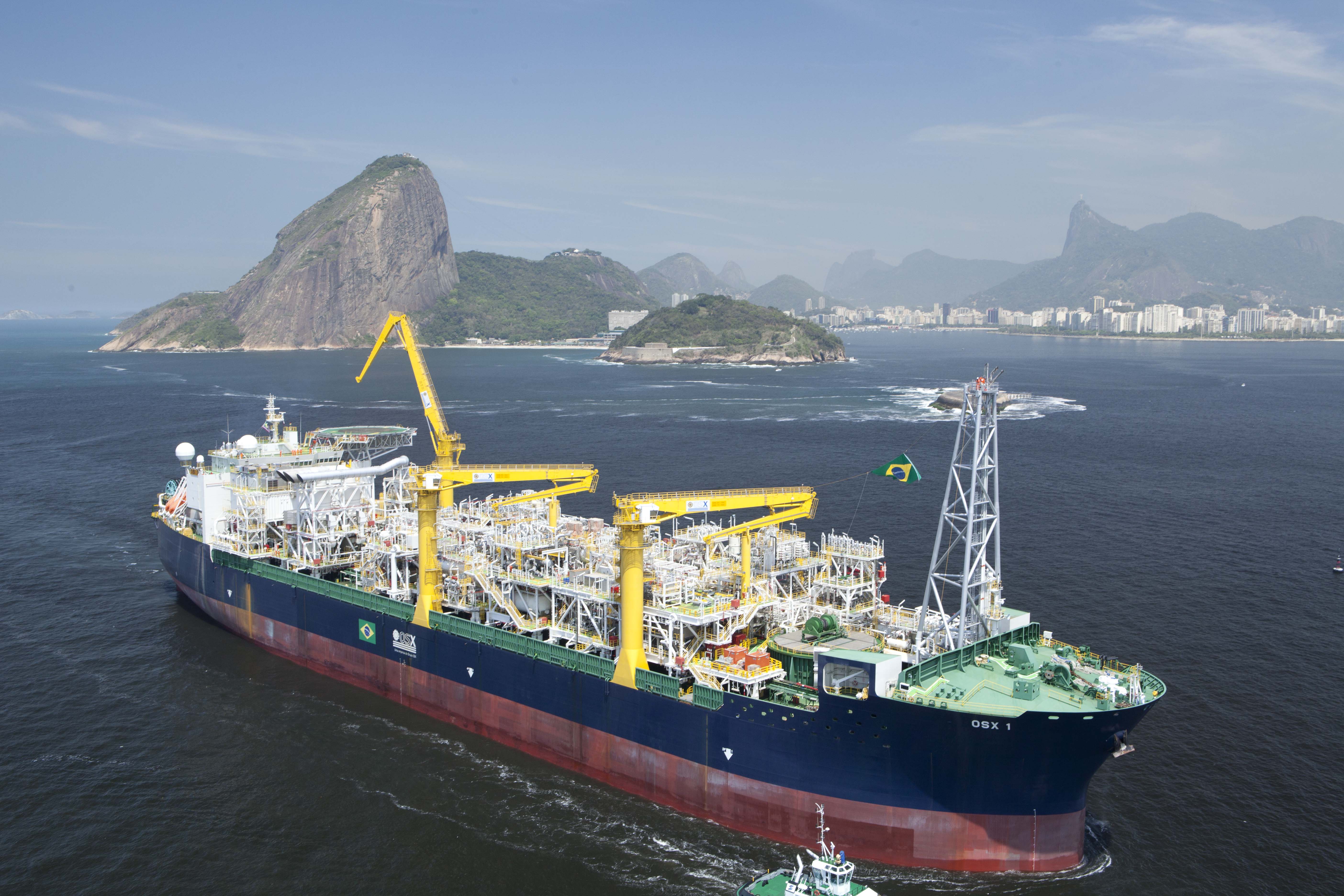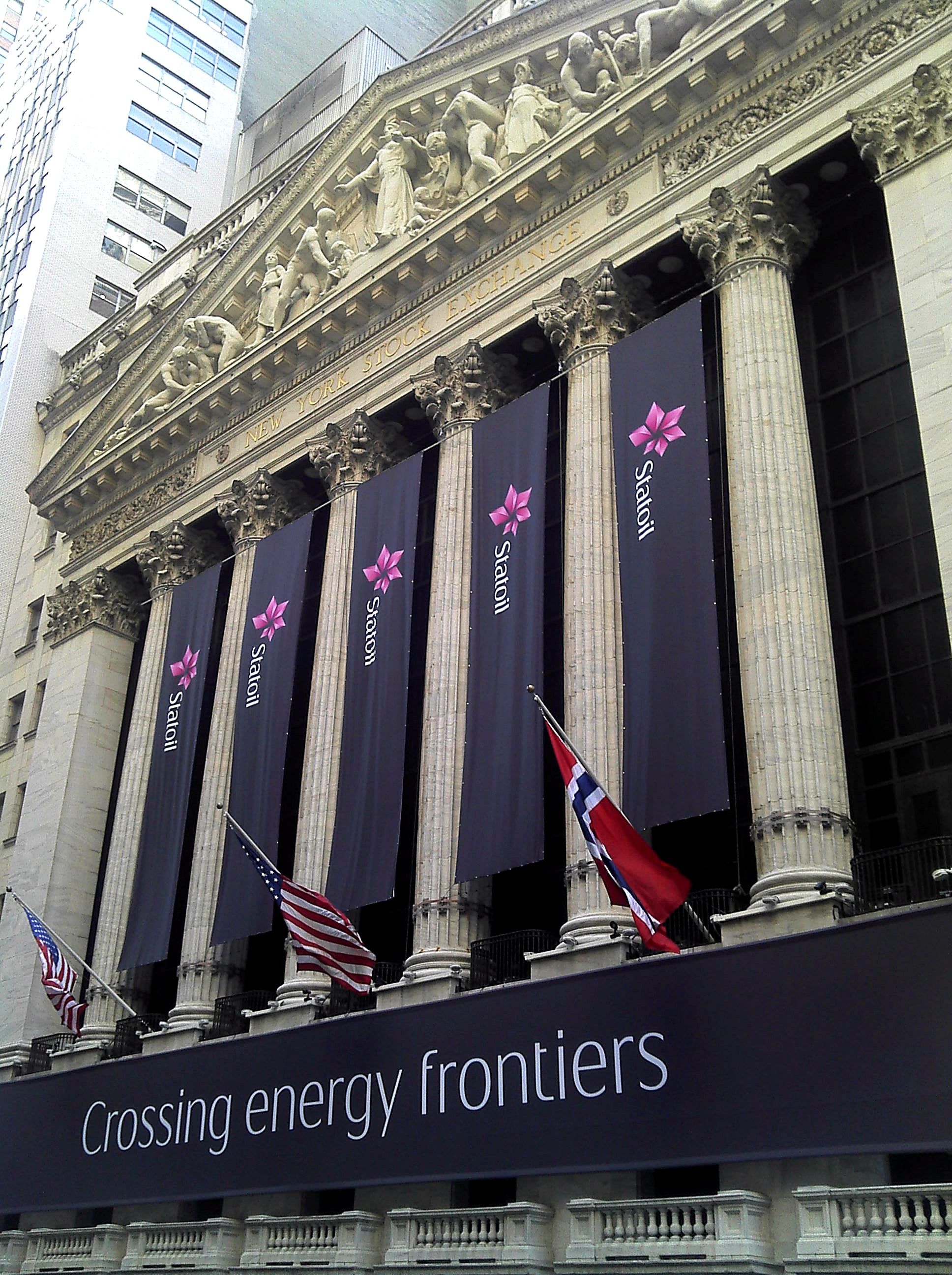|
Chevron Nigeria
Chevron Nigeria Limited is a subsidiary of Chevron Corporation and it is one of the largest oil producers in Nigeria. It was previously operating in Nigeria under the business name of Gulf Oil Company until merger activities changed its name to Chevron Nigeria. After another merger by the parent company with Texaco, the Nigerian oil and gas assets of Texaco Overseas Petroleum Company of Nigeria were merged into Chevron. In the shallow and inland waters of Nigeria, the firm operates a joint venture with the Nigerian National Petroleum Corporation. History Texaco Overseas Texaco commenced operations Nigeria in 1961 under the business name, American Overseas Company (Amoseas), a joint operation of Texaco and Standard Oil Company of California (Chevron). Drilling operations began in 1963 but it was not until the end of the Biafran War that production began at an average of of oil per day. The company ramped up production to of oil per day in 1984. In 1970, the firm's operating name wa ... [...More Info...] [...Related Items...] OR: [Wikipedia] [Google] [Baidu] |
Chevron Corporation
Chevron Corporation is an American multinational energy corporation. The second-largest direct descendant of Standard Oil, and originally known as the Standard Oil Company of California (shortened to Socal or CalSo), it is headquartered in San Ramon, California, and active in more than 180 countries. Chevron is engaged in every aspect of the oil and natural gas industries, including hydrocarbon exploration and production; refining, marketing and transport; chemicals manufacturing and sales; and power generation. Chevron traces its history back to the 1870s. The company grew quickly after the breakup of Standard Oil by acquiring companies and partnering with others, especially Texaco. Socal was one of the Seven Sisters that dominated the global petroleum industry from the mid-1940s to the 1970s. In 1985, Socal merged with the Pittsburgh-based Gulf Oil and rebranded as Chevron; the newly-merged company later merged with Texaco in 2001. Today, Chevron manufactures and sells fu ... [...More Info...] [...Related Items...] OR: [Wikipedia] [Google] [Baidu] |
Gulf Oil
Gulf Oil was a major global oil company in operation from 1901 to 1985. The eighth-largest American manufacturing company in 1941 and the ninth-largest in 1979, Gulf Oil was one of the so-called Seven Sisters oil companies. Prior to its merger with Standard Oil of California, Gulf was one of the chief instruments of the Mellon family fortune; both Gulf and Mellon Financial had their headquarters in Pittsburgh, with Gulf's headquarters, the Gulf Tower, being Pittsburgh's tallest building until the completion of the U.S. Steel Tower. Gulf Oil Corporation (GOC) ceased to exist as an independent company in 1985, when it merged with Standard Oil of California (SOCAL), with both re-branding as Chevron in the United States. Gulf Canada, Gulf's main Canadian subsidiary, was sold the same year with retail outlets to Ultramar and Petro-Canada and what became Gulf Canada Resources to Olympia & York. However, the Gulf brand name and a number of the constituent business divisions of GOC ... [...More Info...] [...Related Items...] OR: [Wikipedia] [Google] [Baidu] |
Nigerian National Petroleum Corporation
NNPC Limited is a for profit oil company in Nigeria. Formerly a government-owned corporation, it was transformed from a corporation to a limited liability company in July 2022. NNPC Limited is the only entity licensed to operate in the country's petroleum industry. It partners with foreign oil companies to exploit Nigeria's fossil fuel resources. History NNPC was established on 1 April 1977 as a merger of the Nigerian National Oil Corporation and the Federal Ministry of Petroleum and Energy Resources. NNPC by law manages the joint venture between the Nigerian federal government and a number of foreign multinational corporations, which include Royal Dutch Shell, Agip, ExxonMobil, TotalEnergies, Chevron, and Texaco (now merged with Chevron). Through collaboration with these companies, the Nigerian government conducts petroleum exploration and production. In 2007, the head of the Nigerian wing of Transparency International said salaries for NNPC workers were too low to prevent g ... [...More Info...] [...Related Items...] OR: [Wikipedia] [Google] [Baidu] |
Standard Oil Company Of California
Chevron Corporation is an American multinational energy corporation. The second-largest direct descendant of Standard Oil, and originally known as the Standard Oil Company of California (shortened to Socal or CalSo), it is headquartered in San Ramon, California, and active in more than 180 countries. Chevron is engaged in every aspect of the oil and natural gas industries, including hydrocarbon exploration and production; refining, marketing and transport; chemicals manufacturing and sales; and power generation. Chevron traces its history back to the 1870s. The company grew quickly after the breakup of Standard Oil by acquiring companies and partnering with others, especially Texaco. Socal was one of the Seven Sisters that dominated the global petroleum industry from the mid-1940s to the 1970s. In 1985, Socal merged with the Pittsburgh-based Gulf Oil and rebranded as Chevron; the newly-merged company later merged with Texaco in 2001. Today, Chevron manufactures and sells f ... [...More Info...] [...Related Items...] OR: [Wikipedia] [Google] [Baidu] |
Floating Production Storage And Offloading
A floating production storage and offloading (FPSO) unit is a floating vessel used by the offshore oil and gas industry for the production and processing of hydrocarbons, and for the storage of oil. An FPSO vessel is designed to receive hydrocarbons produced by itself or from nearby platforms or subsea template, process them, and store oil until it can be offloaded onto a tanker or, less frequently, transported through a pipeline. FPSOs are preferred in frontier offshore regions as they are easy to install, and do not require a local pipeline infrastructure to export oil. FPSOs can be a conversion of an oil tanker (like the '' Seawise Giant'') or can be a vessel built specially for the application. A vessel used only to store oil (without processing it) is referred to as a floating storage and offloading (FSO) vessel. The first of a related type, floating liquefied natural gas vessels, went into service in 2016. Types FPSOs are classified into the following types. * ... [...More Info...] [...Related Items...] OR: [Wikipedia] [Google] [Baidu] |
Statoil
Equinor ASA (formerly Statoil and StatoilHydro) is a Norwegian state owned enterprise, state-owned multinational energy company headquartered in Stavanger. It is primarily a petroleum company, petroleum company, operating in 36 countries with additional investments in renewable energy. In the 2020 Forbes Global 2000, Equinor was ranked as the 169th-largest public company in the world. the company has 21,126 employees. The current company was formed by the 2007 merger of History of Statoil (1972–2007), Statoil with the Hydro Oil & Gas, oil and gas division of Norsk Hydro. As of 2017, the Government of Norway is the largest shareholder with 67% of the shares, while the rest is public stock. The ownership interest is managed by the Ministry of Petroleum and Energy (Norway), Norwegian Ministry of Petroleum and Energy. The company is headquartered and led from Stavanger, while most of their international operations are currently led from Fornebu, outside Oslo. The name ''Equinor'' ... [...More Info...] [...Related Items...] OR: [Wikipedia] [Google] [Baidu] |
Agbami Field
Agbami Field is an oil field in Nigeria. Discovered in late 1998, it was the second major deepwater oil field discovered off the Niger Delta, the first being Bonga Field by Shell. The field is located in nearly 1,500 meters (4,900 ft) of water off the central Niger Delta. The operator of the field is Star Deep Water Limited, an affiliate of Chevron. Also involved in the field are Famfa Oil, an indigenous oil company owned by the Alakija Family of Lagos, Petrobras (Brazil), Statoil, and NNPC (the national oil company of Nigeria). Geology Most of the reserves are in lower and middle Miocene deepwater turbiditic sandstones and reserves are estimated at 900 MM barrels with upside to perhaps 1.5 B making it either the biggest or second biggest (to Bonga) deepwater field in Nigeria. Its crude oil quality is high API gravity in the high 40s (very flowable) and the crude is sweet (low sulfur). The trap is mainly anticlinal 4-way rollover but internally the doubly plunging anti ... [...More Info...] [...Related Items...] OR: [Wikipedia] [Google] [Baidu] |
Escravos River
The Escravos River is a river in southern Nigeria. "Escravos" is a Portuguese word meaning "slaves" and the area was one of the main conduits for slave trade between Nigeria and the United States in the 18th century. The Escravos is a distributary of the Niger River, it flows for , ending at the Bight of Benin of the Gulf of Guinea where it flows into the Atlantic Ocean. Chevron Chevron (often relating to V-shaped patterns) may refer to: Science and technology * Chevron (aerospace), sawtooth patterns on some jet engines * Chevron (anatomy), a bone * '' Eulithis testata'', a moth * Chevron (geology), a fold in rock ..., a major US oil company, has its main Nigerian oil production facility at the mouth of the Escravos River. [...More Info...] [...Related Items...] OR: [Wikipedia] [Google] [Baidu] |
Oil And Gas Companies Of Nigeria
An oil is any nonpolar chemical substance that is composed primarily of hydrocarbons and is hydrophobic (does not mix with water) & lipophilic (mixes with other oils). Oils are usually flammable and surface active. Most oils are unsaturated lipids that are liquid at room temperature. The general definition of oil includes classes of chemical compounds that may be otherwise unrelated in structure, properties, and uses. Oils may be animal, vegetable, or petrochemical in origin, and may be volatile or non-volatile. They are used for food (e.g., olive oil), fuel (e.g., heating oil), medical purposes (e.g., mineral oil), lubrication (e.g. motor oil), and the manufacture of many types of paints, plastics, and other materials. Specially prepared oils are used in some religious ceremonies and rituals as purifying agents. Etymology First attested in English 1176, the word ''oil'' comes from Old French ''oile'', from Latin ''oleum'', which in turn comes from the Greek (''elaio ... [...More Info...] [...Related Items...] OR: [Wikipedia] [Google] [Baidu] |
Energy Companies Established In 1961
In physics, energy (from Ancient Greek: ἐνέργεια, ''enérgeia'', “activity”) is the quantitative property that is transferred to a body or to a physical system, recognizable in the performance of work and in the form of heat and light. Energy is a conserved quantity—the law of conservation of energy states that energy can be converted in form, but not created or destroyed. The unit of measurement for energy in the International System of Units (SI) is the joule (J). Common forms of energy include the kinetic energy of a moving object, the potential energy stored by an object (for instance due to its position in a field), the elastic energy stored in a solid object, chemical energy associated with chemical reactions, the radiant energy carried by electromagnetic radiation, and the internal energy contained within a thermodynamic system. All living organisms constantly take in and release energy. Due to mass–energy equivalence, any object that has m ... [...More Info...] [...Related Items...] OR: [Wikipedia] [Google] [Baidu] |







